Post
A catch
Save a catch to start your fishing logbook. You will be able to to share it with the community if yo want!
A fishing trip
Post an ad to go fishing with other fishermen
Save a catch to start your fishing logbook. You will be able to to share it with the community if yo want!
Post an ad to go fishing with other fishermen
Share a thought, a question with the community
My favorite cities
×Join our 625 fishermen and our 2 cofishermen in Thornaby-on-Tees in North Yorkshire. The fishing forecast is currently 3.3. The most caught fishes here are the pouting fish, the flounder fish, the dab fish and the sole fish. Come try the most famous fishing techniques like the cast fishing with dough, the bichi-bachi, squid fishing with jigs or quiver tip fishing (type of lead fishing).
Our fishing forecast of Thornaby-on-Tees indicates the best time to go fishing in this city.
The Pouting fish
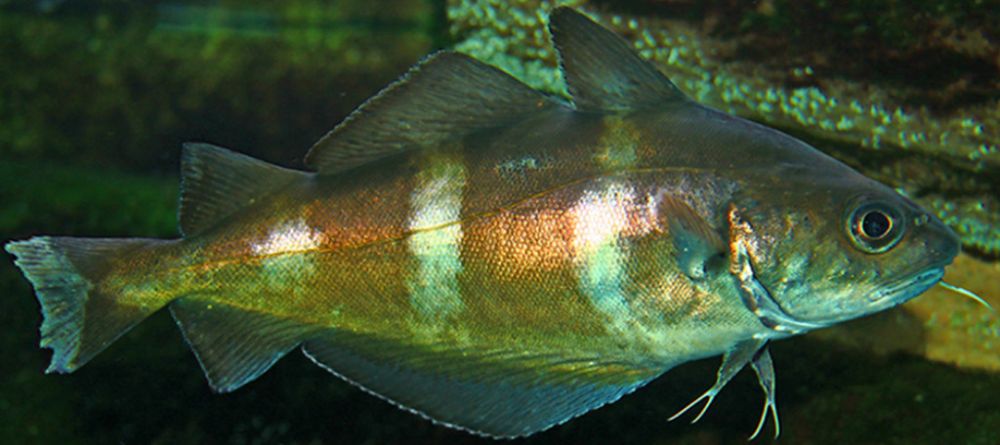
The Pouting fish belongs to the Gadidae Family. Its longevity is short: 4 years for a maximum size of 45 cm and a weight of about 1kg. Breeding takes place in March-April and is fished all year round. This small fish, generally 20/30 cm, rarely 45 cm, has an oval body, flattened laterally. Beige/pinkish white, slightly coppery, it can, especially when it is close to a poorly lit area (cave, wreck), have four to five wide dark vertical stripes. These bands may be absent in sunlight or on dead fish. The lower jaw is slightly set back, giving the pouting fish a characteristic profile with a small "nose". The eye is quite large, and a barbell is clearly visible under the "chin". The pouting fish has, like other Gadidae, three dorsal fins and two anal fins. A black spot is clearly visible at the base of the pectoral muscles.
The Pouting fish is a famous fish you can catch in Thornaby-on-Tees.The Flounder Fish
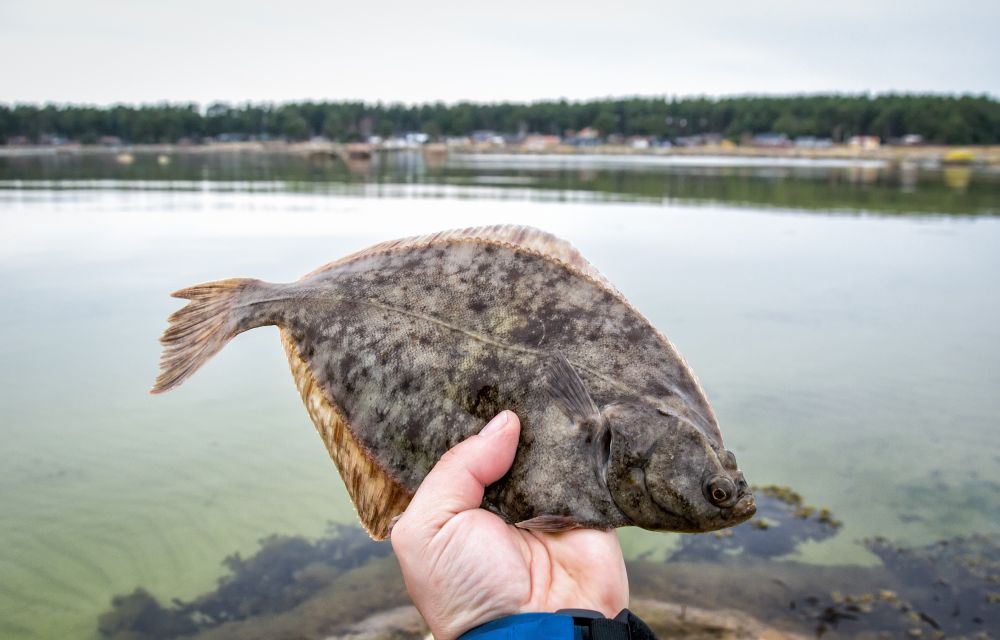
The Flounder Fish belongs to the Pleuronectidae family. It usually reaches a size of 50 cm; the maximum observed size is 60 cm for a weight of 1.5 kg. The maximum lifespan is estimated at 15 years. It reproduces in early spring. The female can lay up to 2 million eggs. The best time to fish it is in spring and autumn. The Flounder fish is a flatfish of general losanitary appearance, taking into account the triangular shape of the head and dorsal and anal fins. Both eyes are on the same side of the head, on the right side, for about 2/3 of the individuals. The mouth is small and terminal, with a slightly tapered snout. The oral commissure is located on the same line as the center of the eye. The lateral line barely curves towards the dorsal edge at the pectoral fins. It has a row of tubers in its front part. Similarly, the base of the dorsal and anal fins is highlighted by a line of tubers, which are clearly palpable. The anal fin has 35 to 46 soft rays. The oculate side has a variable coloring, from olive green to reddish brown, or grey, enhanced by dark green mottling, with small, dull and few orange spots. This helps to give it a "dirty" appearance. The blind side is white.
The Flounder Fish is a famous fish you can catch in Thornaby-on-Tees.The Dab fish
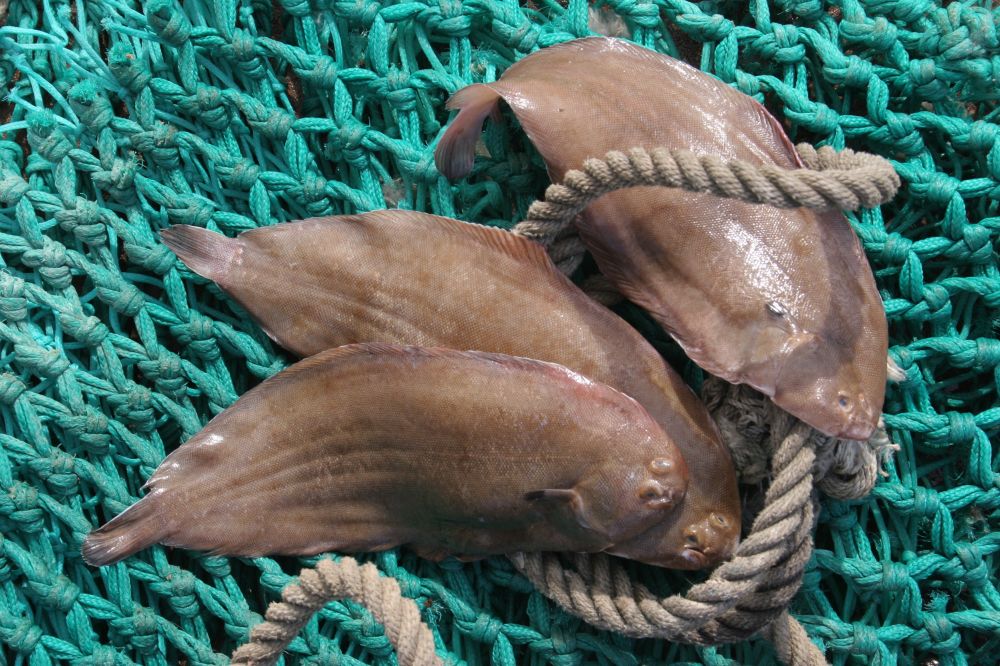
The Dab fish belongs to the Pleuronectidae family. It has an average size of 25 to 40 cm with an average weight of 1 kg. It has a lifespan of 12 years. The Dab fish breeds from February to April. The female lay up to 150,000 oocytes. The Dab fishing is open from October to Mars. the minimum catch size is 25 cm. The Dab fish, scientifically named Limanda Limanda, is a teleosteal species that belongs to the pleuronectidae or flatfish family. It has a flattened body with a more or less oval shape. The eyes of this dexterous fish are both generally located on the right side. The animal has a tiny mouth with small teeth. Its lateral line is curved at the pectoral fin. A characteristic feature that allows it to be easily distinguished from other species with similar morphology such as flounder. Thin scales cover the upper surface of the flounder, making its skin rough to the touch. The back is golden or yellowish brown in color and has dark spots. The belly or blind face is white. Varying from beige to light brown, the general color of dab allows it to blend in with the backgrounds.
The Dab fish is a famous fish you can catch in Thornaby-on-Tees.The Sole Fish
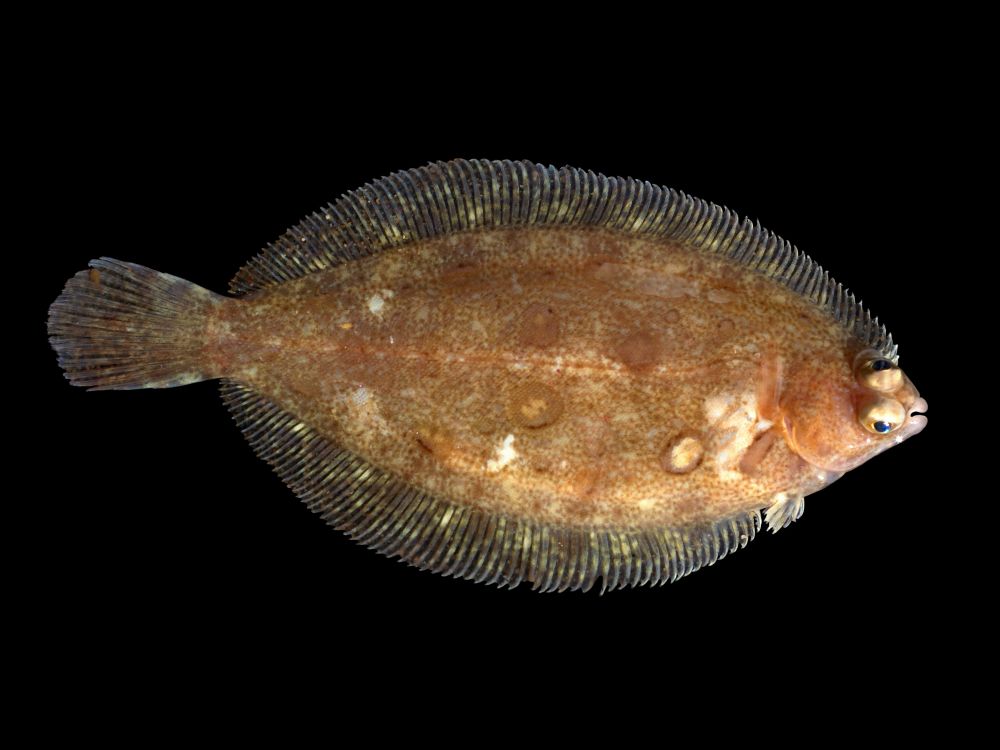
The sole fish belongs to the Soleidae family. The maximum size can reach 70 cm with a current size of 25 to 35 cm. Its longevity is 27 years. It breeds from January to March depending on the region. It can lay up to 1,300,000 eggs. It can be fished all year round. First of all, we notice in this flatfish its characteristic oval shape, which is not found in the other flatfish most frequently encountered by divers. The adult sole, a right-handed (or dexter) flatfish, rests on its left flank and has its eyes on the right side. The color of this fish is very variable: bluish grey to yellowish brown! The body is often marked with marbling and dark spots. The snout of the soles is rounded and shows a small arched mouth, located before the tip of the head. Her eyes are small and wide apart. The caudal has a rounded edge at the end of which a dark fringe can often be seen. On the seabed is the black spot (sometimes golden or brown) at the back and up of the pectoral fin. The dorsal and anal fins are generally white bordered and joined to the caudal by a thin membrane.
The Sole Fish is a famous fish you can catch in Thornaby-on-Tees.The John Dory Fish
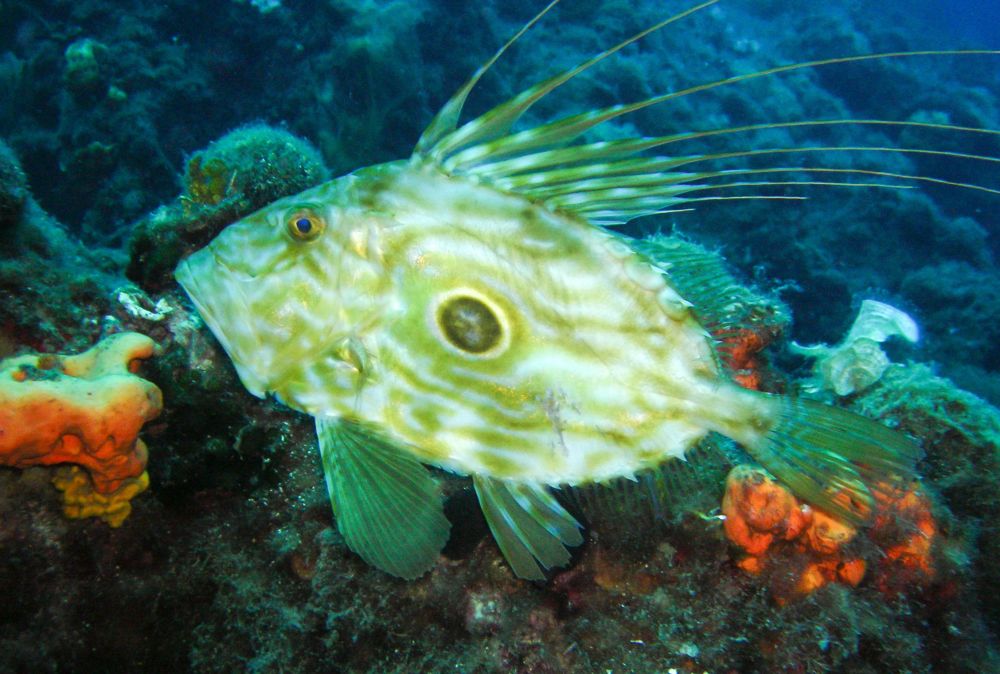
The John Dory fish belongs to the Zeidae family. It measures 30 to 50 cm on average and can reach a maximum weight of 8 kg. It can live up to 12 years. This fish is caught all year round but more easily from April to July. This fish has a high body and very strongly compressed laterally. Its head and the base of its fins carry thorns and bone ridges. The filaments carried by the dorsal fin are very long in juveniles and gradually regress until the animal reaches its adult size. Its eyes are high and his protractile mouth is widely split. An arched lateral line can be seen above the pectoral fins. Its color varies from grey-green with silvery to golden yellow reflections, often marked by longitudinal mottling. A large black eye patch surrounded by grey adorns the middle of each flank.
The John Dory Fish is a famous fish you can catch in Thornaby-on-Tees.Our fishing forecast of Thornaby-on-Tees indicates the best time to go fishing in this city.
Our fishing forecast of Thornaby-on-Tees indicates the best time to go fishing in this city.
Our fishing forecast of Thornaby-on-Tees indicates the best time to go fishing in this city.
